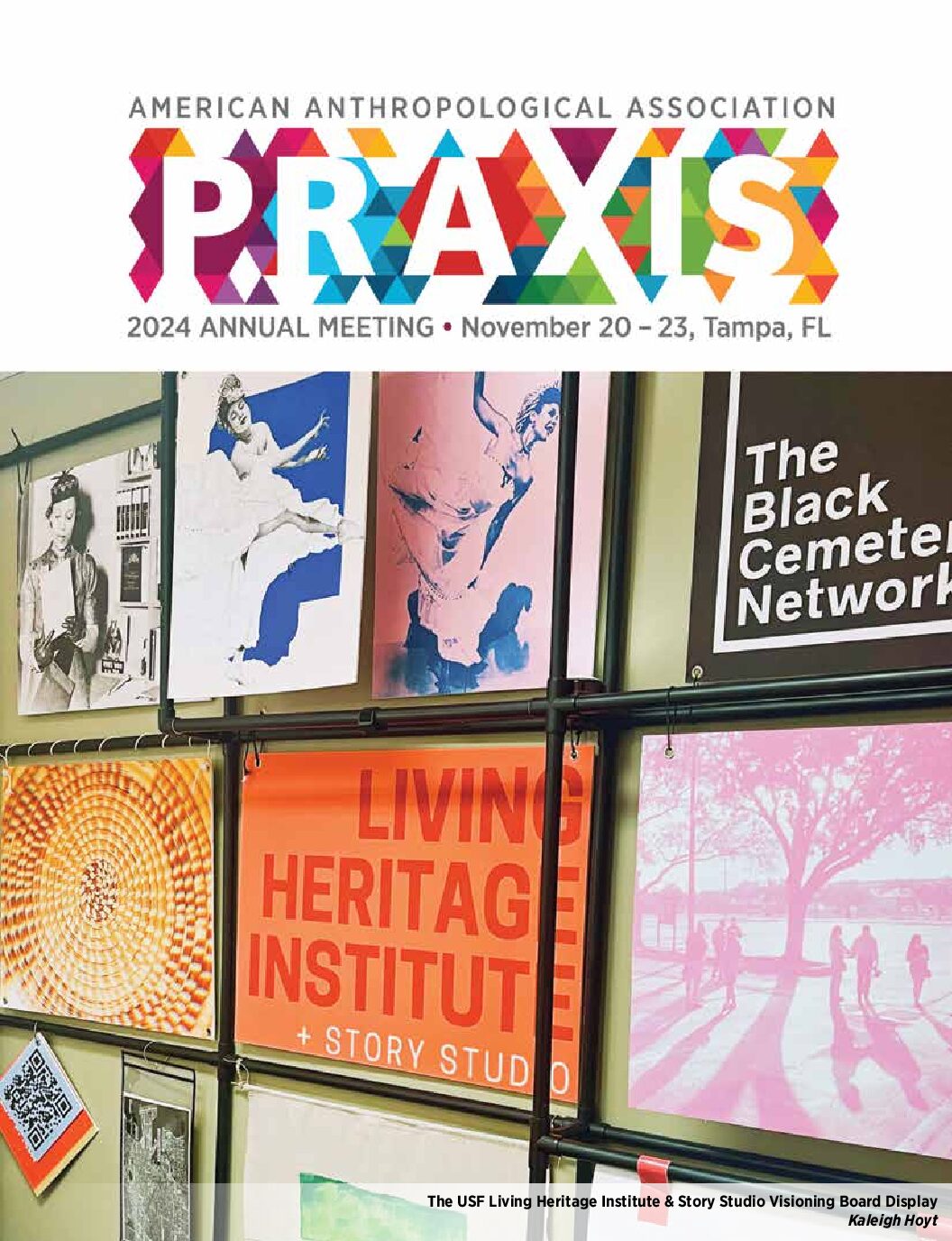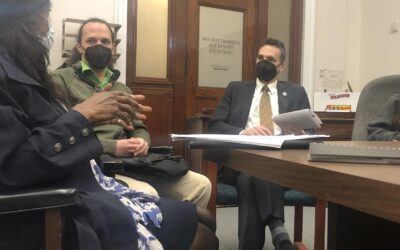ASAP at the 2019 AAA/CASCA Annual Meeting
Association for the Anthropology of Policy
Theodore Powers
November 1, 2019
The Association for the Anthropology of Policy (ASAP) is sponsoring four panels and two section events at the Annual Meeting in Vancouver this month. Reflecting the global challenge that lies at the center of this year’s conference theme, “Changing Climates: Struggle, Collaboration, and Justice,” and the transnational ties on which the meeting is based, the panels focus on the dynamics of mobility and reflection—on the sociocultural dynamics driving us into the future and an assessment of the trajectories that have led us to this point.
Mobility
“On Models and Policy Mobility” (4-0450) builds upon leading work within the anthropology of policy to analyze how policy models travel. Engaging critically with the concept of models as modernist utopian visions, the panel engages with how models become imbricated into the social worlds within which policy processes unfold, framing the effects of such entanglements as mutually informative. Panelists address the effects associated with policy models, both within policy processes and on a broader societal level.
The panel “Reconceptualizing Urban Policy Mobilities: A Dialogue with Critical Geography” (4-0960) also takes the transnational movement of policy norms as its focus, engaging with the ways that the relationships between actors and sites are reconstituted through policy processes. Here, the panelists challenge universalizing conceptions of capital by engaging with processes of translation and assemblage, through which transnational—and traveling—norms are mobilized by policy actors. Positioned at the interface between ethnography, critical geography, and political economy, the panel focuses on urban policy translations in order to investigate how transnational policy flows inform neoliberal restructuring and the dynamics of race, class, and gender.
Reflection
This year’s collection of panels also includes a session devoted to taking stock of the emergence of the anthropology of policy over the past three decades. The session “Anthropological Approaches to Policy” (5-0320) examines the intellectual contributions and approaches produced by anthropologists exploring the increasingly transnational dynamics of policy, the ethical challenges that emerge from “studying through” the policy process, and other key themes. While examining the past, the panel will also look forward to areas for new conceptual development and ongoing challenges in the study of policy process.
Also taking a historical perspective, the panel “Conjunctural Promises: A Retrospective Roundtable Honoring John Clarke” (4-1130) engages with John Clarke’s emphasis on the plurality of forces, contradictions, and conflicts that inform how policy processes unfold in transnational contexts. Engaging with Clarke’s body of work entails examining the dynamics of temporality in different contextual spheres and the ways that forces of various kinds might be leveraged to constitute new foundations for social organization. In addition to examining Clarke’s body of intellectual work, the panel will also engage with his most recent book, Critical Dialogues: Thinking Together in Turbulent Times.
Networking
Join ASAP for our networking session “Professional Development Networking” (5-0005). Focused on providing a social platform for networking, the session is aimed at supporting the development of emerging scholars and bringing together senior anthropologists, graduate students/recent PhDs, and practitioners to share their experiences with policy research and the academy.
Section Business
The section also extends an invitation to all those interested in learning more about the anthropology of policy to attend the “ASAP Business Meeting” (5-0635), where we will discuss proposals for future panels along with a review of section business.
Cite as: Powers, Theodore. 2019. “ASAP at the 2019 AAA/CASCA Annual Meeting.” Anthropology News website, November 1, 2019. DOI: 10.1111/AN.1295


